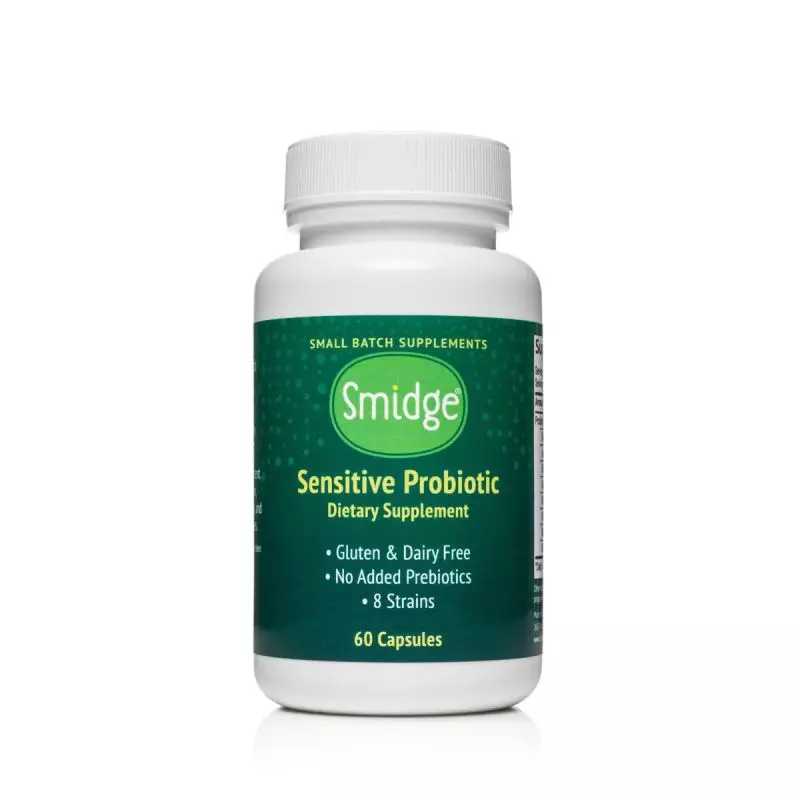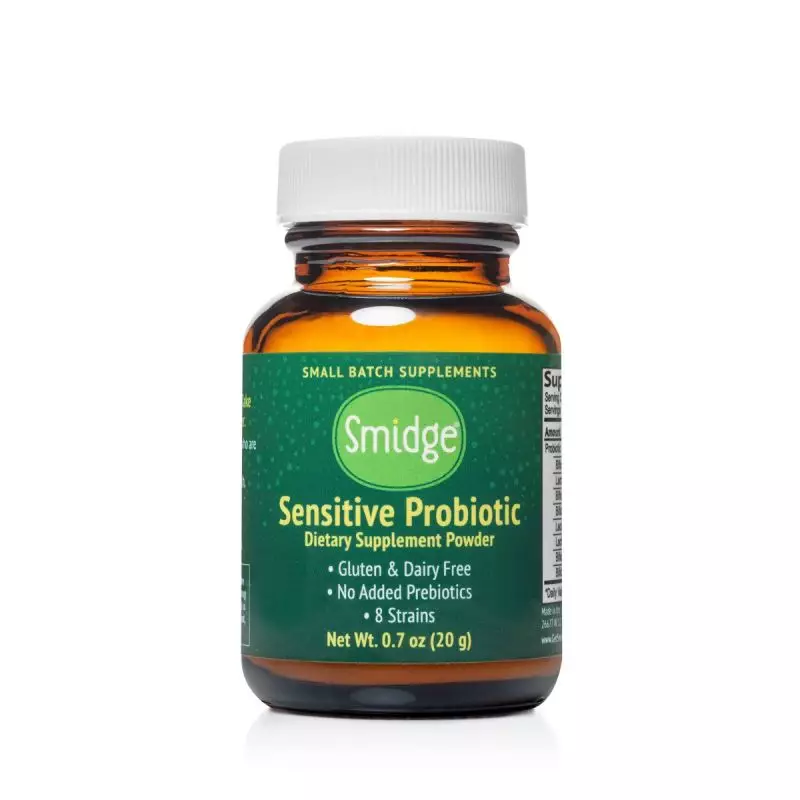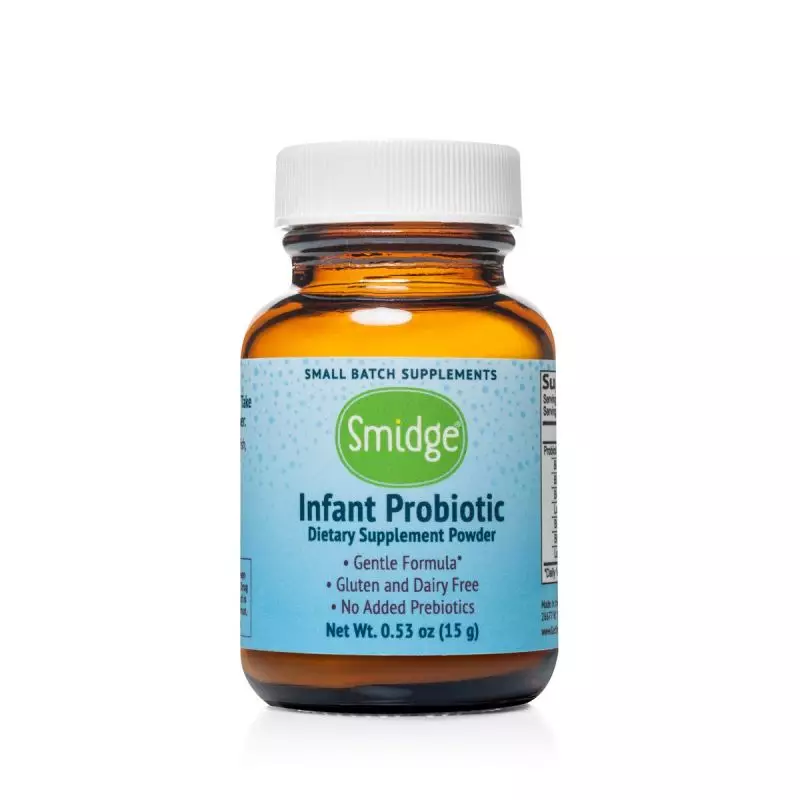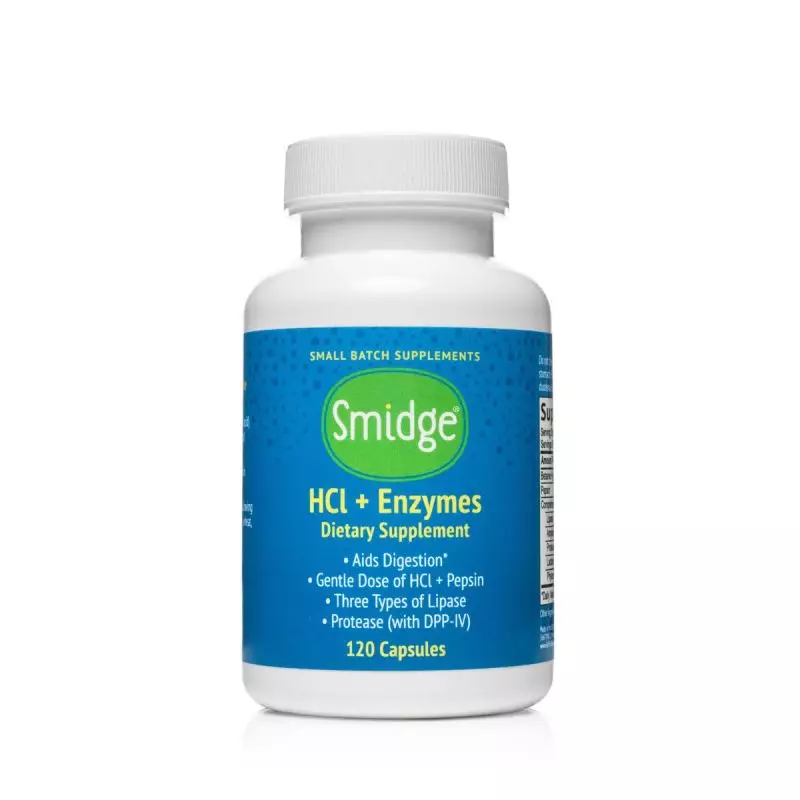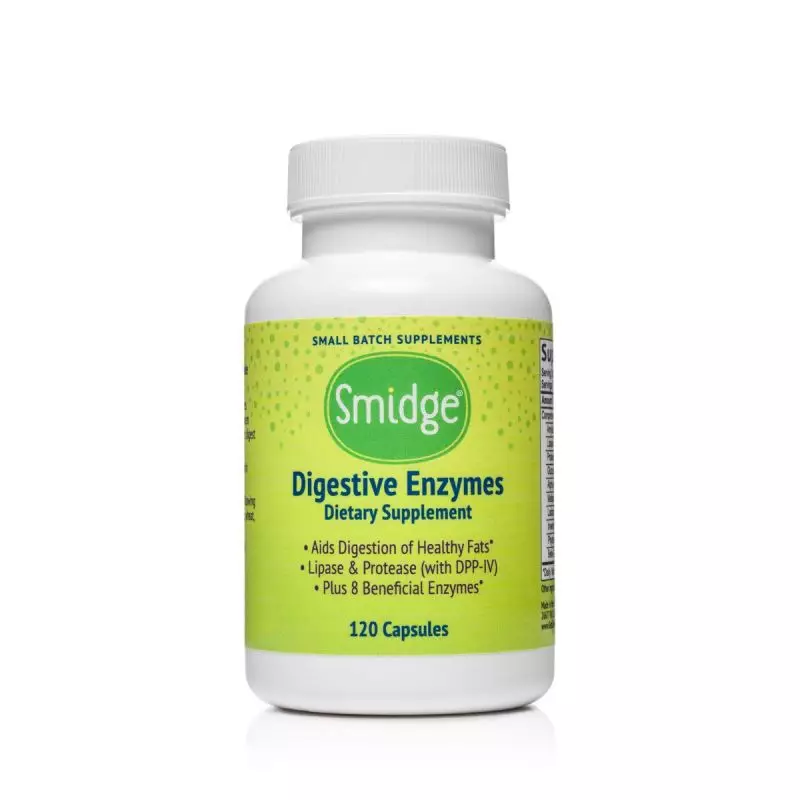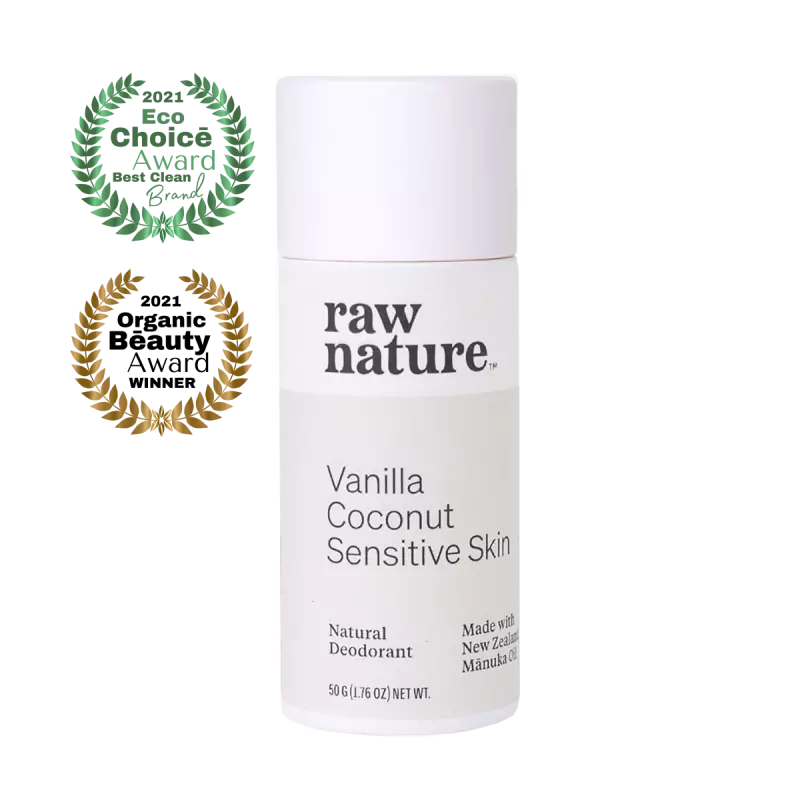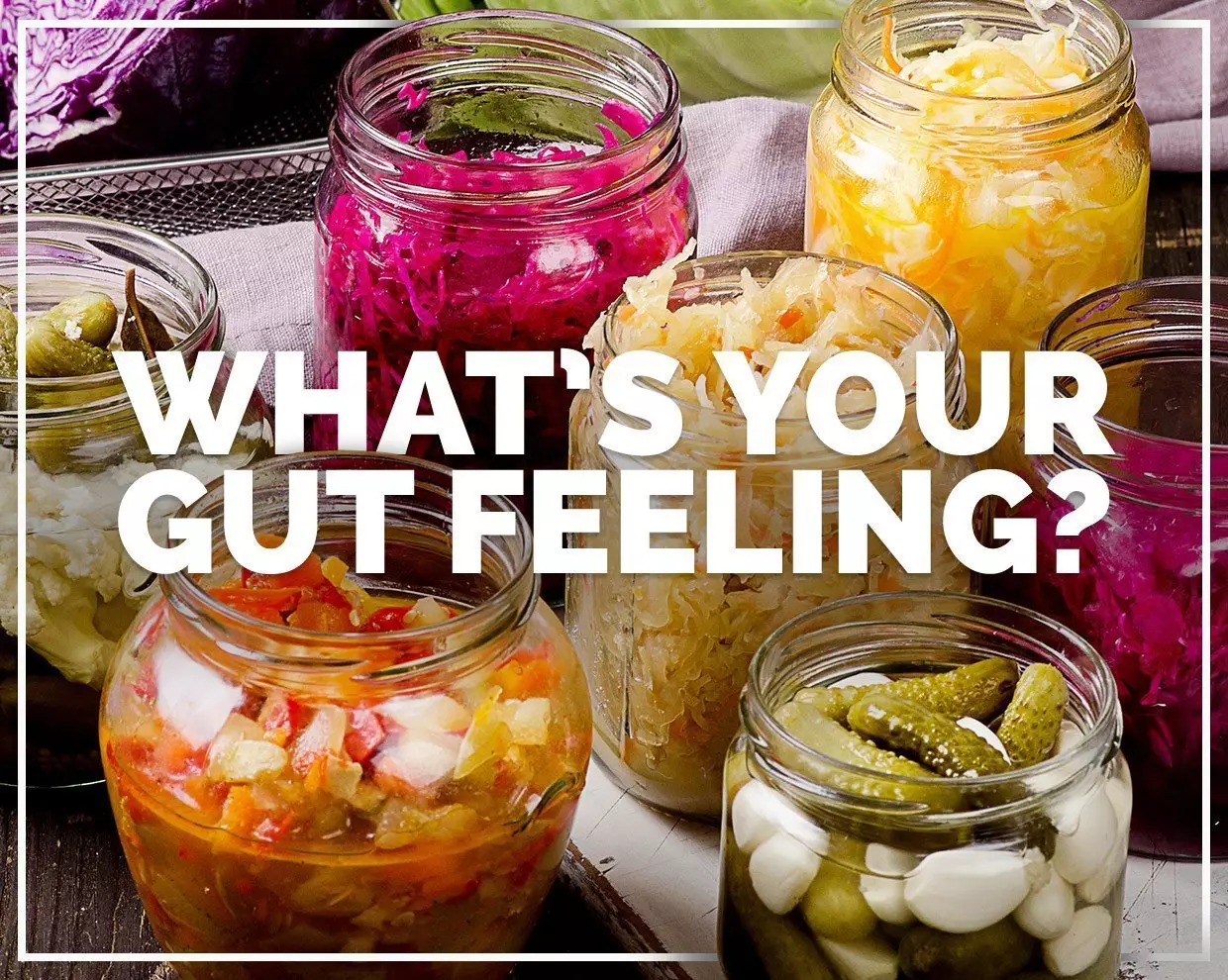Welcome to the world of gut health! If you've ever wondered why there's so much buzz around prebiotics and probiotics, you're in the right place. These tiny powerhouses are essential for a healthy digestive system and can have a profound impact on your overall well-being. Whether you're a seasoned health enthusiast or just starting your journey, this guide will give you the lowdown on everything you need to know about prebiotics and probiotics. So, grab a cup of tea, sit back, and let's dive into the fascinating world of gut health.
What Are Probiotics?
Probiotics are live microorganisms that provide numerous health benefits when consumed in adequate amounts. Often referred to as "good" or "friendly" bacteria, probiotics help maintain a healthy balance of gut flora, which is crucial for digestion, nutrient absorption, and immune function. [1]
Common Types of Probiotics
• Lactobacillus: Found in yoghurt and other fermented foods, Lactobacillus is one of the most common probiotics. It helps with lactose digestion and supports overall gut health.
• Bifidobacterium: This probiotic is found in some dairy products and can help ease symptoms of irritable bowel syndrome (IBS).
• Saccharomyces boulardii: A type of yeast, this probiotic is effective in preventing and treating diarrhoea and certain intestinal conditions.
What Are Prebiotics?
Prebiotics are non-digestible fibres that act as food for probiotics. They help stimulate the growth and activity of beneficial bacteria in the gut. Unlike probiotics, prebiotics are not live organisms but play a crucial role in maintaining a healthy gut environment. [2]
Common Sources of Prebiotics
• Chicory Root: Rich in inulin, a type of prebiotic fibre.
• Garlic: Contains prebiotics that promote the growth of beneficial gut bacteria.
• Bananas: A convenient and tasty source of prebiotic fibre.
How Do Prebiotics and Probiotics Work Together?
Prebiotics and probiotics work synergistically to promote gut health. Prebiotics provide the necessary fuel for probiotics to thrive, creating a balanced and healthy gut microbiome. This relationship can be compared to a garden, where prebiotics are the fertilisers that help the probiotic plants grow strong and healthy. [3]
Benefits of Prebiotics and Probiotics
• Digestive Health: A balanced gut microbiome aids in digestion and prevents common issues like bloating, gas, and constipation. Probiotics can help restore gut flora after taking antibiotics, which often disrupt the natural balance of bacteria.
• Immune Function: A significant portion of the immune system resides in the gut. Probiotics help stimulate the production of antibodies and strengthen the gut barrier, protecting against harmful pathogens.
• Mental Health Support: There's a strong connection between gut health and mental well-being, often referred to as the gut-brain axis. Probiotics can help reduce symptoms of anxiety and depression by improving gut health.
Introducing Smidge® Probiotic Products
At Functional Self, we offer a range of high-quality probiotic supplements designed to support your gut health journey. Let's take a closer look at two of our most popular products:
1. Smidge® Sensitive Probiotic Capsules
Key Benefits:
• Gentle on the Gut: Ideal for individuals with sensitive stomachs or those new to probiotics.
• Balanced Formula: Contains a blend of Lactobacillus and Bifidobacterium strains.
• Convenient: Easy-to-swallow capsules that can be taken daily.
Key Benefits:
• Safe and Effective: Contains probiotic strains that are beneficial for infants.
• Supports Digestion: Helps maintain a healthy balance of gut flora in young children.
• Easy to Use: Can be mixed with breast milk, formula, or food.
How to Incorporate Prebiotics and Probiotics into Your Diet
Incorporating prebiotics and probiotics into your daily routine doesn't have to be complicated. Here are some simple tips to help you get started:
• Eat Fermented Foods: Fermented foods like yoghurt, kefir, sauerkraut, and kimchi are rich in probiotics. Adding these to your diet can boost your intake of beneficial bacteria.
• Increase Fibre Intake: Foods high in fibre, such as fruits, vegetables, and whole grains, are excellent sources of prebiotics. Aim to include a variety of these foods in your meals.
• Consider Supplements: If you're not getting enough prebiotics and probiotics from your diet, supplements can be a convenient and effective option. Products like Smidge® Sensitive Probiotic Capsules and Smidge® Infant Probiotic are great choices to support your gut health.
Common Myths About Prebiotics and Probiotics
Myth 1: All Probiotics Are the Same: Not all probiotics are created equal. Different strains of probiotics offer different benefits, and it's essential to choose a product that meets your specific needs.
Myth 2: Probiotics Can Replace a Healthy Diet: While probiotics are beneficial, they should not replace a balanced diet. A healthy diet rich in fibre, fruits, and vegetables is crucial for maintaining gut health.
Myth 3: You Can’t Take Too Many Probiotics: Taking excessive amounts of probiotics can lead to side effects like bloating and diarrhoea. It's best to follow the recommended dosage on the product label.
Frequently Asked Questions (FAQs)
Q: Can I take prebiotics and probiotics together?
A: Yes, taking prebiotics and probiotics together can support their effectiveness. Prebiotics provide the necessary fuel for probiotics to thrive.
Q: Are there any side effects of taking probiotics?
A: Some people may experience mild digestive discomfort, such as bloating or gas, when they first start taking probiotics. These symptoms usually subside as the body adjusts.
Q: How long does it take for probiotics to work?
A: The time it takes for probiotics to show benefits can vary depending on the individual and the specific health issue. Some people may notice improvements within a few days, while others may take a few weeks.
Prebiotics and probiotics play a vital role in maintaining a healthy gut and overall well-being. By incorporating them into your diet through food and supplements, you can support your digestive health, immune system, and even mental health. Remember, a healthy gut is the foundation of a healthy life. [4]
Ready to take the next step in your gut health journey? Visit our page for exclusive deals on our top prebiotic and probiotic products. Your gut will thank you!
References
1 Role of Probiotics in health improvement, infection control and disease treatment and management
2 Prebiotics: Definition, Types, Sources, Mechanisms, and Clinical Applications
3 The promotion mechanism of prebiotics for probiotics: A review
4 Effects of Probiotics, Prebiotics, and Synbiotics on Human Health

 EU Store
EU Store  UK Store
UK Store NZ Store
NZ Store AU Store
AU Store


